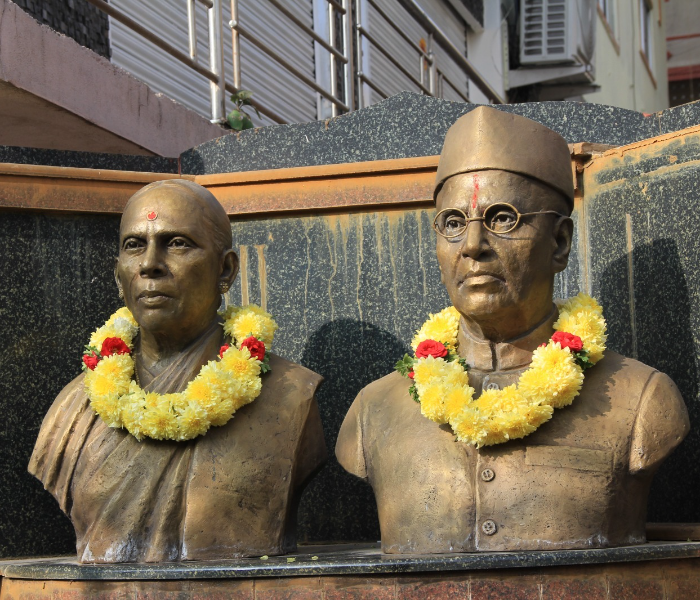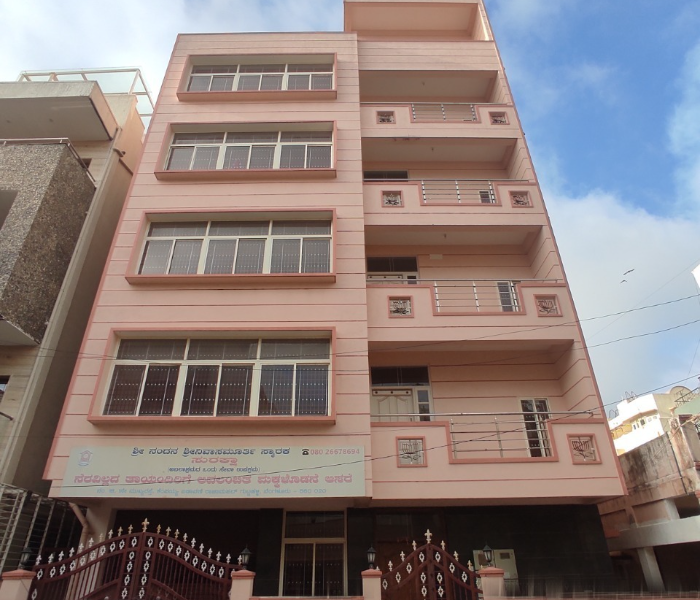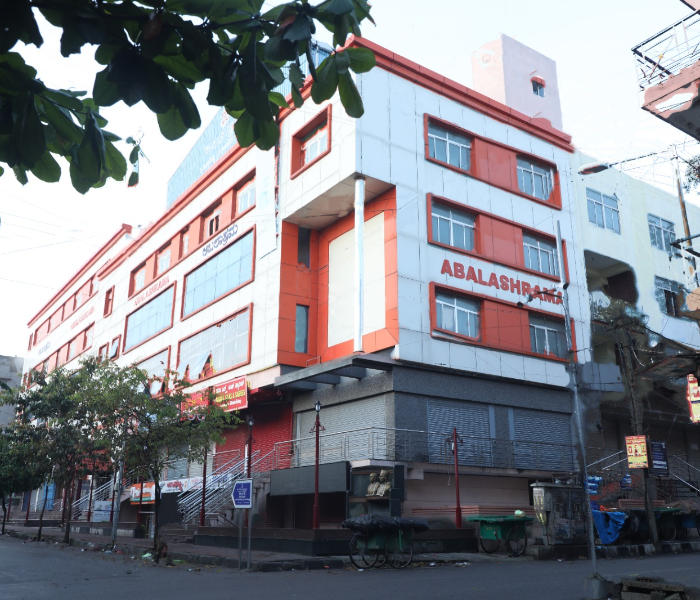

Abalashrama, situated in the heart of Bengaluru, has a storied past. It was founded in 1905 by Sri Chakravarthi Venkataravada Iyenger and his wife, a progressive and compassionate couple inspired by the revolutionary ideals of Arya Samaj and Swami Dayananda Saraswati. During a time when women’s education and self-sufficiency were heavily restricted, and child widows faced rampant exploitation, this couple dared to challenge societal norms.
Sri Iyenger, a government press proofreader and staunch believer in action over words, married a child widow, breaking taboos and setting an example. Their modest home became the Ashrama, later expanding in 1911 to a larger site on Nagasandra Road (now DVG Road). In 1943-44, Abalashrama was formally registered and began functioning as a full-fledged institution under an elected body. The organization celebrated its Golden Jubilee in 1964, graced by the presence of the Maharaja of Mysore, H.H. Sri Jayachamarajendra Wodeyar.
With over a century of uninterrupted service, Abalashrama stands as Karnataka’s oldest institution dedicated to empowering underprivileged women. Since its establishment in 1944, it has transformed the lives of thousands of women and girls, thanks to the tireless efforts of numerous distinguished social workers. Today, the Ashrama runs over 20 diverse projects, focusing on education, vocational training, mental health support, employment assistance, and rehabilitation. Its dynamic and adaptable approach ensures that it remains relevant in changing times, continually expanding its impact. By fostering independence and self-reliance, Abalashrama continues to uphold its legacy of service, providing hope and opportunity for countless women to build brighter futures.




With over a century of uninterrupted service, Abalashrama stands as Karnataka’s oldest institution dedicated to empowering underprivileged women. Since its establishment in 1944, it has transformed the lives of thousands of women and girls, thanks to the tireless efforts of numerous distinguished social workers. Today, the Ashrama runs over 20 diverse projects, focusing on education, vocational training, mental health support, employment assistance, and rehabilitation. Its dynamic and adaptable approach ensures that it remains relevant in changing times, continually expanding its impact. By fostering independence and self-reliance, Abalashrama continues to uphold its legacy of service, providing hope and opportunity for countless women to build brighter futures.